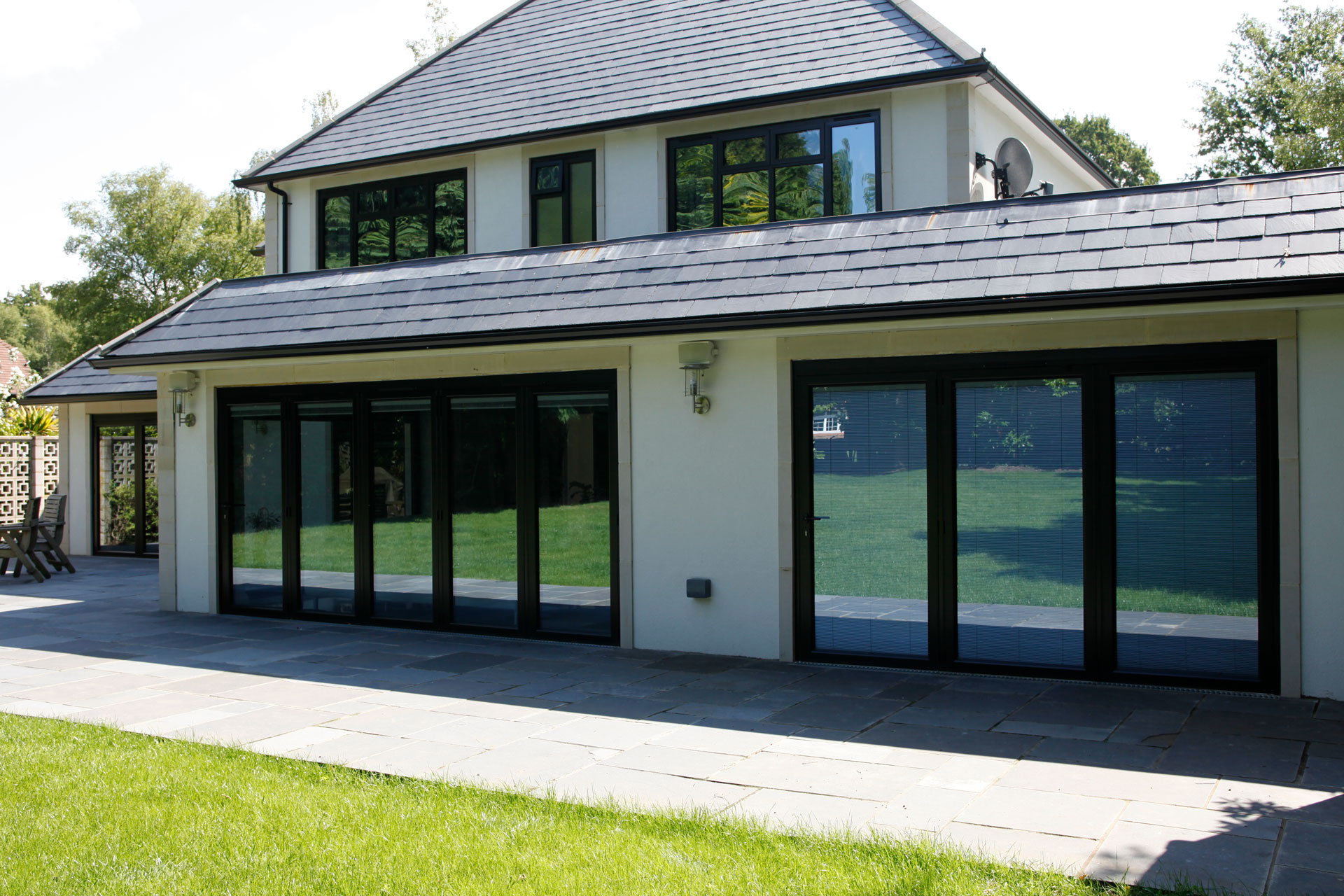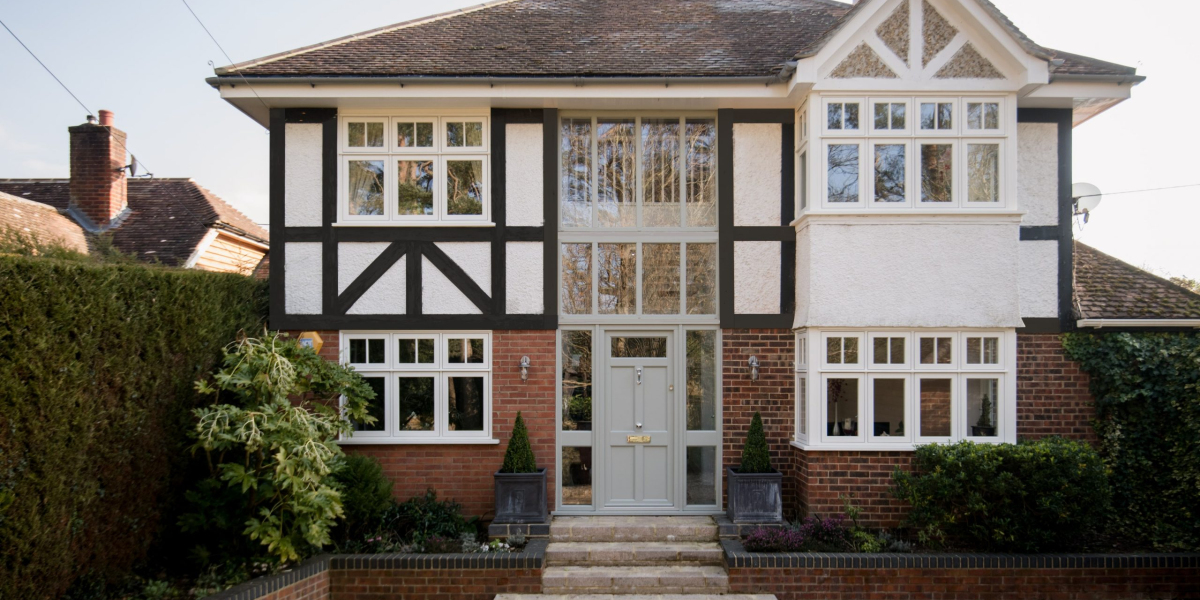Double glazing has become a popular choice among homeowners and builders alike, primarily due to its energy efficiency and sound insulation properties. This article delves into the mechanics of double glazing, its benefits, and considerations for installation, providing a comprehensive overview of this essential feature in modern architecture.
What is Double Glazing?
Double glazing refers to the use of two panes of glass separated by a space filled with air or gas, typically argon, which acts as an insulating barrier. This design significantly reduces heat transfer between the interior and exterior of a building, making it an effective solution for improving energy efficiency. The air or gas layer between the panes serves as a thermal insulator, minimizing the amount of heat that escapes during colder months and reducing the heat that enters during warmer months.
The Mechanics of Double Glazing
The effectiveness of double glazing lies in its construction. The two panes of glass are usually sealed within a frame, creating a hermetically sealed unit. The space between the panes is typically around 12 to 16 millimeters, which is optimal for insulation. The type of gas used in this space is also crucial; argon is commonly used because it is denser than air, providing better insulation properties.
The glass itself can be treated with various coatings to enhance its performance. Low-emissivity (Low-E) coatings, for instance, are designed to reflect heat back into the building while allowing natural light to pass through. This feature is particularly beneficial in regions with extreme temperatures, as it helps maintain a comfortable indoor climate.

Benefits of Double Glazing
- Energy Efficiency: One of the most significant advantages of double glazing is its ability to reduce energy consumption. By minimizing heat loss in winter and heat gain in summer, double-glazed windows can lead to substantial savings on heating and cooling bills. According to studies, homes with double glazing can save up to 20% on energy costs compared to those with single-pane windows.
- Sound Insulation: Double glazing is also effective in reducing noise pollution. The space between the two panes of glass acts as a buffer, absorbing sound waves and preventing them from entering the home. This is particularly advantageous for properties located in busy urban areas or near airports.
- Condensation Prevention: Double-glazed windows are less prone to condensation compared to single-pane windows. The inner pane of glass remains warmer, reducing the likelihood of moisture forming on the surface. This not only improves visibility but also helps prevent mold growth and damage to window frames.
- Increased Security: The presence of two panes of glass makes it more difficult for intruders to break into a home. Double-glazed windows are generally tougher and more resistant to impact, providing an added layer of security for homeowners.
- Environmental Impact: By improving energy efficiency, double glazing contributes to a reduction in carbon emissions. Homes that require less energy for heating and cooling have a smaller carbon footprint, making double glazing an eco-friendly choice.
- Increased Property Value: Investing in double glazing can enhance the overall value of a property. Potential buyers often view double-glazed windows as a desirable feature, which can make a home more attractive in the real estate market.
Considerations for Installation
While the benefits of double glazing are clear, there are several factors to consider when planning an installation:
- Cost: The initial investment for double-glazed windows is higher than that of single-pane windows. However, the long-term savings on energy bills and the potential increase in property value often justify this upfront cost.
- Quality of Installation: The effectiveness of double glazing is heavily dependent on proper installation. It is crucial to hire experienced professionals to ensure that the windows are fitted correctly and sealed properly to maximize their performance.
- Window Frame Material: Double glazing can be installed in various frame materials, including uPVC, wood, and aluminum. Each material has its advantages and disadvantages in terms of aesthetics, durability, and maintenance requirements. Homeowners should choose a frame material that aligns with their design preferences and practical needs.
- Regulations and Standards: In many regions, there are building regulations and standards that govern the installation of double glazing. Homeowners should familiarize themselves with local codes to ensure compliance and avoid potential issues.
- Maintenance: While double-glazed windows are generally low maintenance, they do require periodic checks to ensure that seals remain intact and that there are no signs of condensation between the panes. Homeowners should be proactive in maintaining their windows to preserve their efficiency and appearance.
Conclusion
Double glazing is a valuable investment for homeowners seeking to improve energy efficiency, sound insulation, and overall comfort within their living spaces. With its myriad benefits, including cost savings, increased property value, and https://www.yell.com/biz/ideal-glass-st-albans-10766779/ environmental advantages, double glazing has established itself as a standard feature in modern construction. By understanding the mechanics, benefits, and considerations associated with double glazing, homeowners can make informed decisions that enhance their homes' performance and comfort for years to come.







